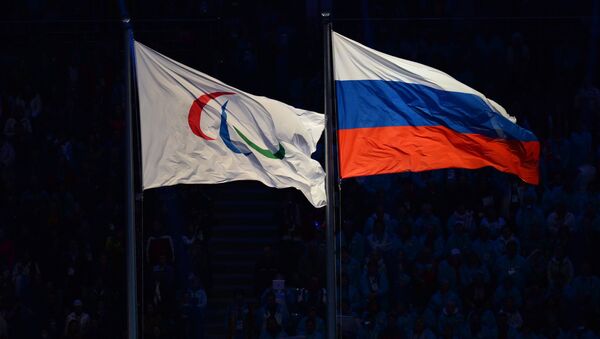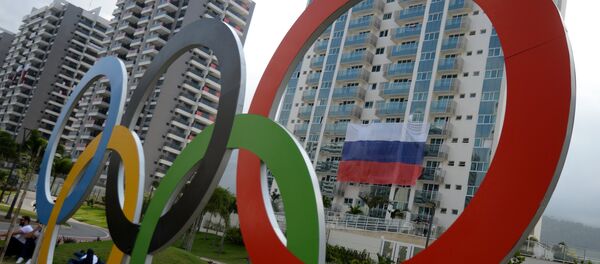The International Paralympic Committee (IPC) has much greater autonomy compared with the International Olympic Committee (IOC), Martinez explained. "It relies on other legal documents, when it has to confirm or not confirm the decision to ban the country from participating in the Olympics," he added.
"For example, the IOC is based on the Olympic Charter, which makes it available to transfer responsibility to the international federations in regard to the participation or non-participation of some part of the delegation to the Games," Martinez told Sputnik.
Martinez also considered that the removal of the whole country from the Olympics cannot be justified by the fact that few athletes were involved in doping.
"In my opinion, it is unfair from the point of justice. Indeed, if all the athletes were caught doping, it would be right, but here is not the case. So, the sport that should be a symbol of justice, in fact is not. Instead of punishing individuals, which is perfectly acceptable and logical, the whole country is punished, including those true athletes who are absolutely innocent. This is what is not fair," he said.
According to Martinez, this creates a precedent regarding the credibility of the organizations and getting publicity in the media, in which the public majority no longer understands anything. "How is it possible that the country's delegation may participate in the Olympic Games, but the same country cannot take part in the Paralympics, although the two cases are based the same thing?"
"Indeed, we are talking about different rules and regulations, but the general public does not have access to it all. So it at least creates confusion and the feeling that these major international organizations are amateurish. And this causes harm," the expert concluded.




